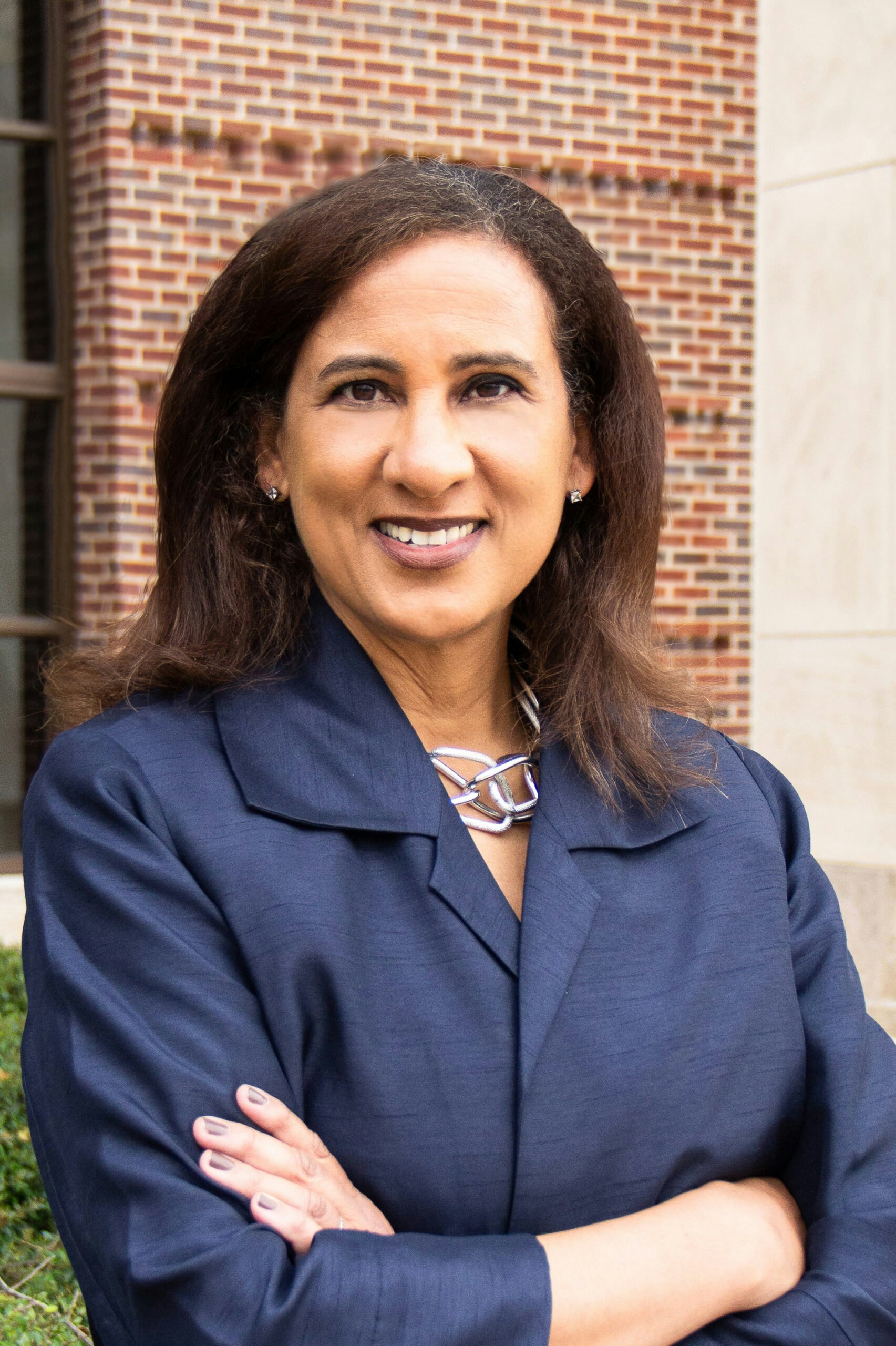Our elected leaders at the national, state, and local levels have a weighty responsibility. Having earned the opportunity to represent their fellow citizens, they face the daunting task of crafting public policy – making decisions about education, infrastructure, and so much more that impacts our daily lives. While candidates campaign on a party platform and seek the votes of people largely within their base, the task of governing is one that impacts an entire community.
Being an effective elected leader is about getting things done for all of the constituents in your jurisdiction – not just advocating for your party or personal views or just those who voted for you, but all constituents. To do that, our elected leaders have to collaborate across differences. They have to work with diverse coalitions to build alliances and pass laws, implement policy, and serve the people.
Members of Congress find that they’re more effective when they work across the aisle: Both majority and minority legislators from the U.S. House and Senate said in a recent study by University of Virginia’s Batten School that “legislative effectiveness is heightened when members build bipartisan coalitions around the bills they sponsor.” And at the end of the day, we all want our Congress to be as effective as possible.
Working with those that hold different beliefs is not always easy. And, candidly, it is not something that we always want to do. But effective leaders know it’s essential to effective governance, particularly when the margins in the U.S. Congress are slim.
Beyond efficacy, there is a pragmatic reason for such collaboration. The majority party at some point is bound to be in the minority. If a leader shuns collaboration when they are in the majority, it is highly likely that they will be shut out of collaboration when they are in the minority. Building those collaborative muscles when in the majority will allow that collaboration to continue when power inevitably shifts.
Our Founding Fathers knew that compromise and collaboration with those who think differently are inherent to a pluralistic democracy. In his farewell address, President George Washington stated, “It is of infinite importance that the habits of thinking in a free country should inspire moderation and mutual respect, and should foster a spirit of conciliation and of concession.” Those words ring true today.
Democracy is a verb. We should each make clear to our elected officials that we expect them to make laws and public policies which are sustainable and serve the best interest of the American people. Our leaders should reflect the important character of our nation.
Follow the George W Bush Institute’s Democracy is a verb series.
























